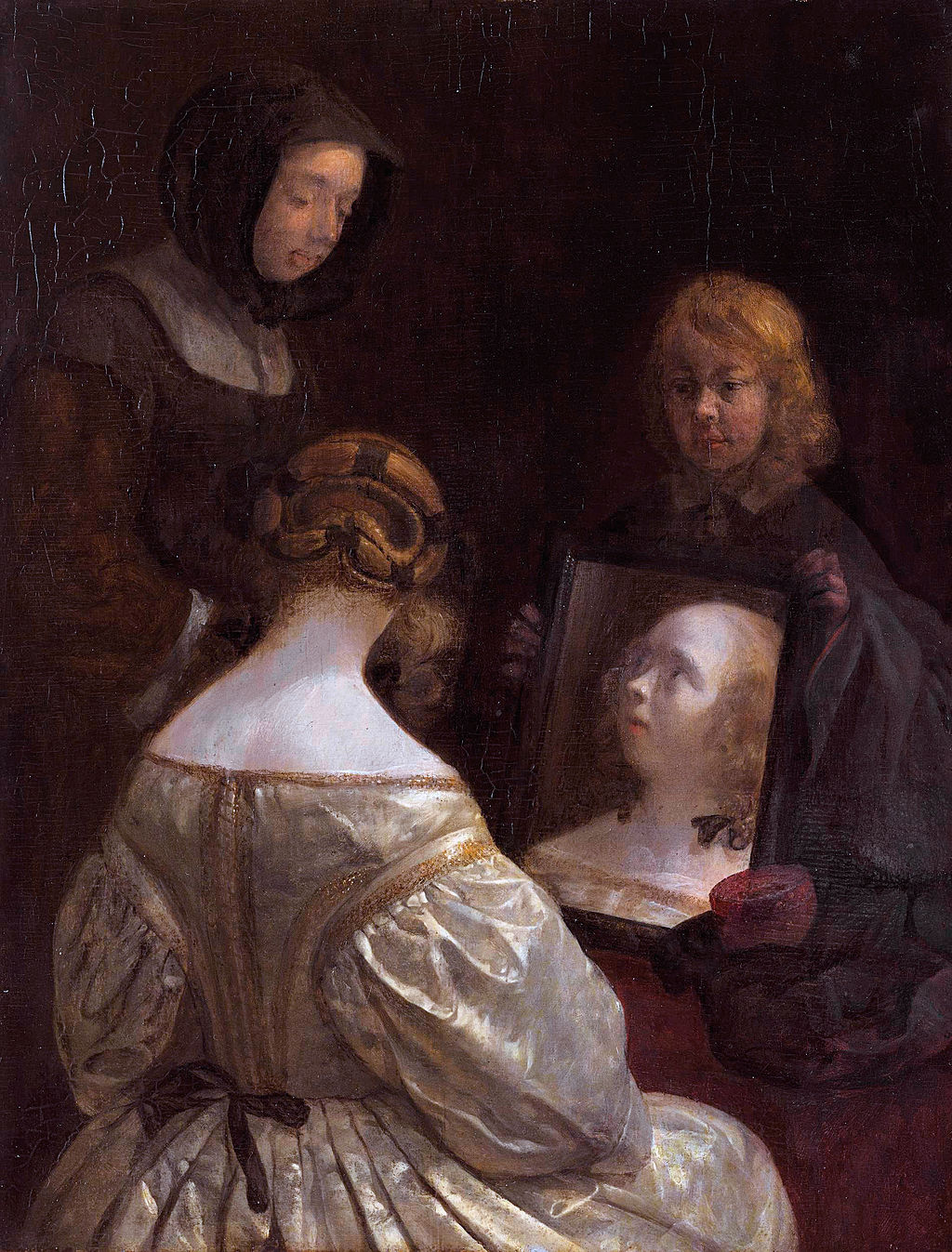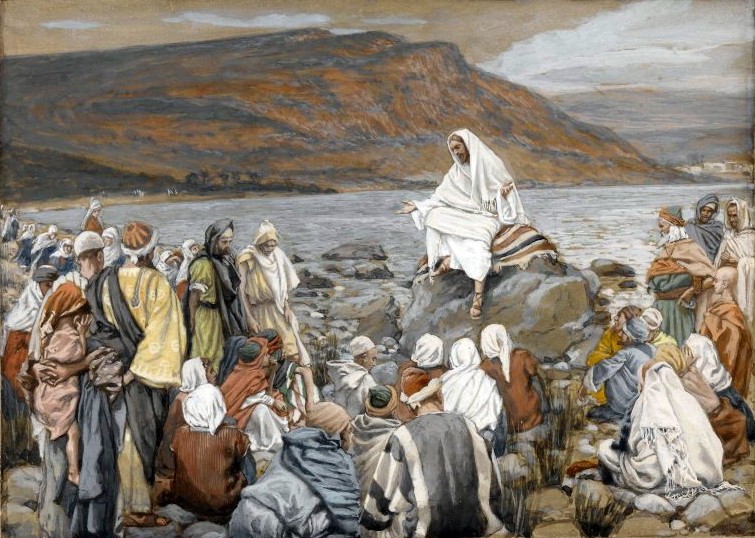by Lois Tverberg
“Do not judge, and you will not be judged. Do not condemn, and you will not be condemned… For with the measure you use, it will be measured to you.”
Luke 6:37- 38
What did Jesus mean by “do not judge?” Interestingly, other rabbis of Jesus’ time taught ideas close to this concept of “do not judge,” with an adage that said, “judge every person on favorable terms,” and a parable was told about that idea:
A man went to work on a farm for three years. At the end, he went to his employer and requested his wages. The farm owner said to him “I have no money!” So he said to him, “Well, give me some of the crops I’ve helped grow,” to which he replied “I have none!” He then asked to be given some sheep, and the farmer told him again that he had nothing to give him. So he gathered up his belongings and went home with a sorrowful heart.
A few days later his employer brought him all his wages with three carts of gifts. The farm owner said to him, “When I told you I had no money, what did you think?” He said, “I thought you might have lost it in some bad business.” Then he said “What did you think when I said I had no crops?” He said, “I thought perhaps they were leased from others”. He then said, “What did you think when I said I had no animals?” and the man said, “I thought that you may have promised them to the Temple.”
The farmer answered, “You are right! I had dedicated all of my possessions to the Lord because my son wouldn’t study the scriptures. But yesterday I was absolved of the vow so that now I can pay you. And as for you, just as you have judged me favorably, may the Lord judge you favorably!”
This story has elements in it of not condemning another, and also a parallel of “For with the measure you use, it will be measured to you.” Could this be the gist of what Jesus is saying?
If the idea to “judge others favorably” is always applied, it is impossible to have a critical or cynical spirit towards others. It is difficult even to remain angry or bear a grudge against someone once you start thinking of what might have motivated them to do whatever you are upset about. It is a lot easier to reach out in love when we let God judge other people’s motivations, and not do it ourselves.
Jesus’ saying “Do not judge!” becomes the best wisdom for any situation when we know that people are sinful and may have wrong motivations, but only God knows their heart.
Photo: http://ferxtreme.hu/wp-content/uploads/birosag.jpg

 To what may this be compared? To a human king who owned a beautiful orchard which contained splendid figs. Now he appointed two watchmen, one lame and the other blind. One day the lame man said to the blind man, “I see beautiful figs in the orchard. Put me on your shoulders so that we can pick and eat them.” So the lame man got on the shoulders of the blind man and they gathered the figs and ate them.
To what may this be compared? To a human king who owned a beautiful orchard which contained splendid figs. Now he appointed two watchmen, one lame and the other blind. One day the lame man said to the blind man, “I see beautiful figs in the orchard. Put me on your shoulders so that we can pick and eat them.” So the lame man got on the shoulders of the blind man and they gathered the figs and ate them.



